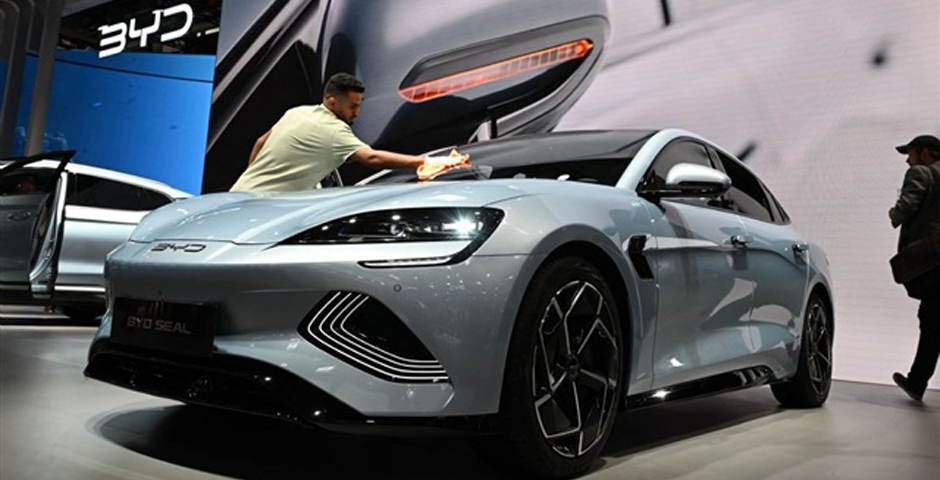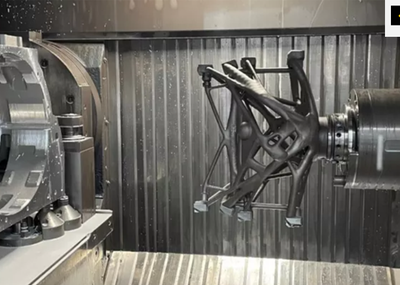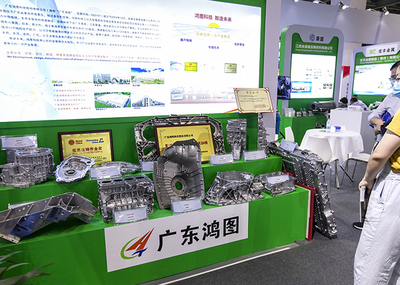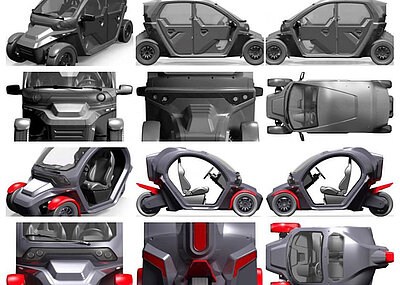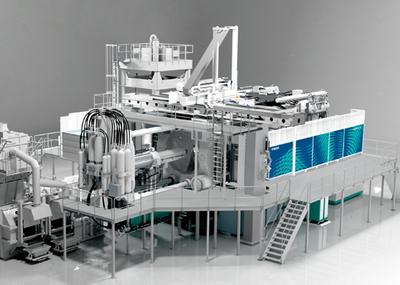Despite initial challenges, the performance of German EVs in 2023 outpaced the market average. Meanwhile, domestic Chinese brands struggled to meet sales targets.
According to recent statistics from PwC, German automakers witnessed a remarkable 47% year-on-year growth in global sales of pure EVs in 2023. This growth translated to a 2% increase in their global market share, reaching an impressive 14%.
Notably, the Chinese market played a pivotal role. German EV sales in China skyrocketed by 49%, significantly surpassing overall market growth.
In a standout performance, German EV sales surged by an impressive 63% in the fourth quarter of 2023. This helped German exports gain a considerable lead over the Chinese market's average growth rate.
The market share of German EVs in China experienced a modest 1% increase, reaching 5%. However, the upward trajectory is unmistakable.
With China emerging as the largest market for both pure electric and plug-in hybrid vehicles, capturing over 60% of the market share, domestic brands have flourished. Brands like BYD have notably outperformed traditional heavyweights like Volkswagen, with the Chinese company's fourth-quarter sales in 2023 surpassing those of Tesla.
The success of German EVs in China can be attributed to their well-established supply chain technology and compelling cost-effectiveness, resonating closely with Chinese consumers' preferences for cutting-edge technology. However, despite this positive momentum, challenges persist, with two-thirds of Chinese domestic brands failing to meet sales expectations in 2023, signaling a potential crisis of relevance in a fiercely competitive market.
Consumer considerations such as after-sales service, maintenance, and the resale value of vehicles may sway preferences toward other brands, providing foreign or joint venture brands with ample opportunities to capitalize on the evolving market dynamics.
As German giants like Volkswagen, Mercedes-Benz, and BMW navigate the electrification landscape, their strategic positioning vis-à-vis Chinese domestic brands becomes increasingly crucial.
Volkswagen's initial challenges in automotive electrification underscore the complexities of market entry, while Mercedes-Benz and BMW target the higher echelons of the market, engaging in limited overlap with their Chinese counterparts.
As Chinese domestic brands continue their meteoric rise, observers speculate on the future trajectory of foreign and joint venture brands in the Chinese market. Yet, the resilience demonstrated by German automakers suggests a protracted battle for market dominance, challenging earlier predictions of an imminent retreat.
In parallel, Chinese domestic brands are making significant inroads into the European market, intensifying the rivalry between German and Chinese electric car brands as they vie for global supremacy in 2024.
Source: www.digitimes.com

